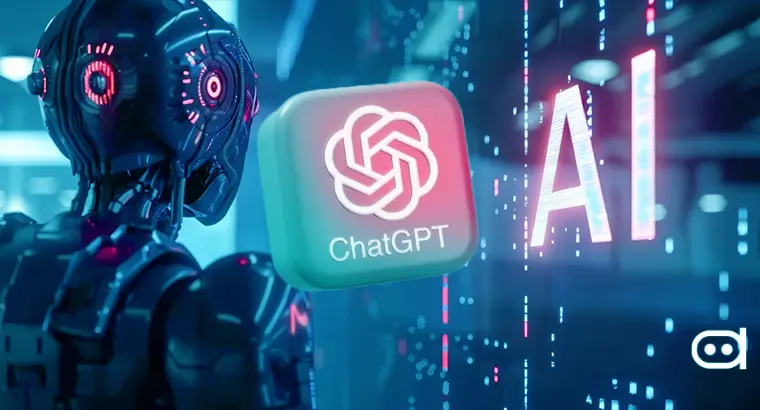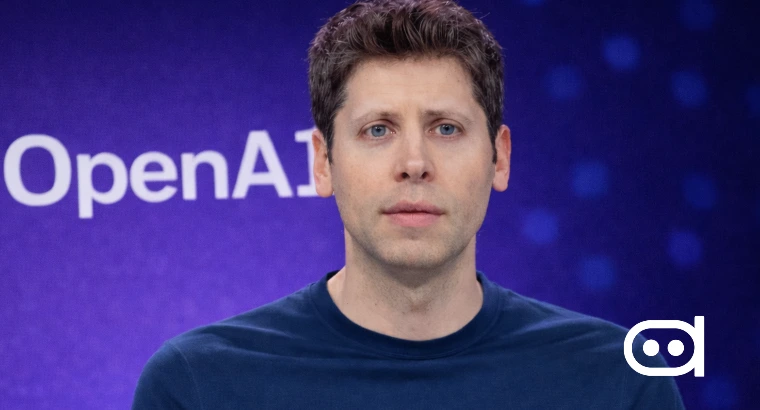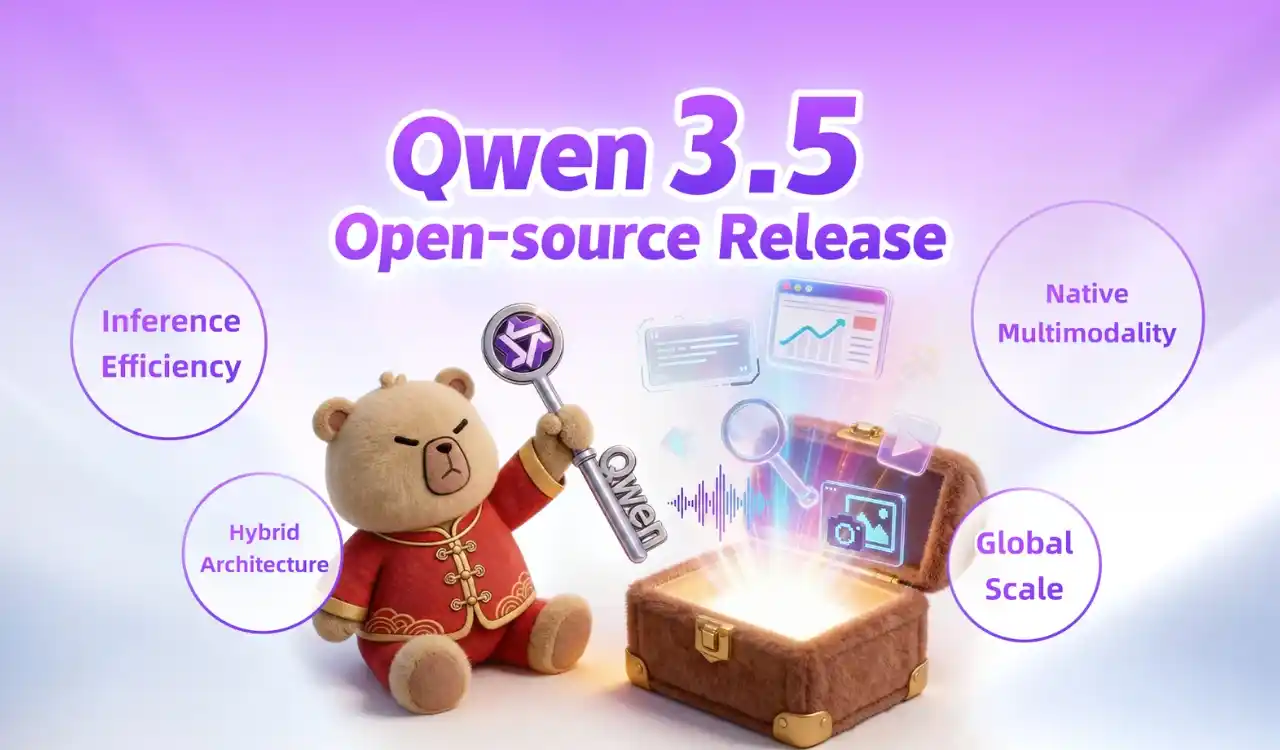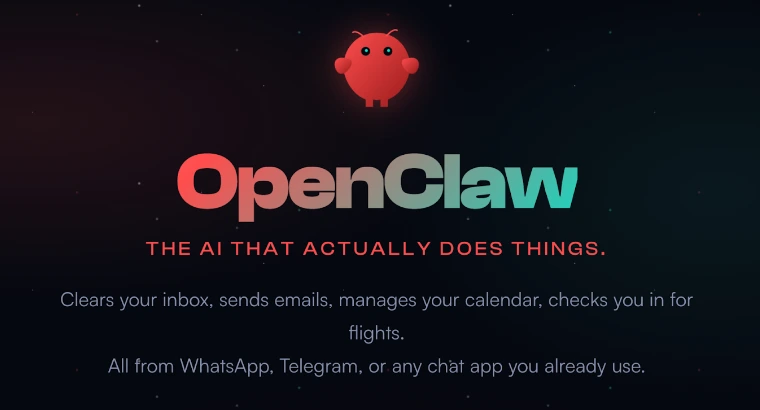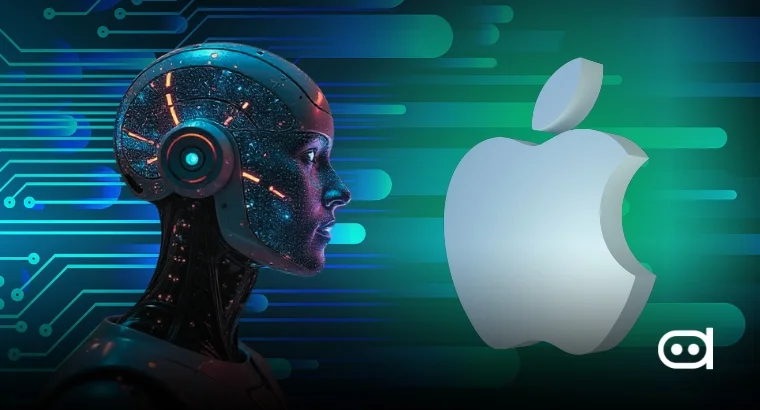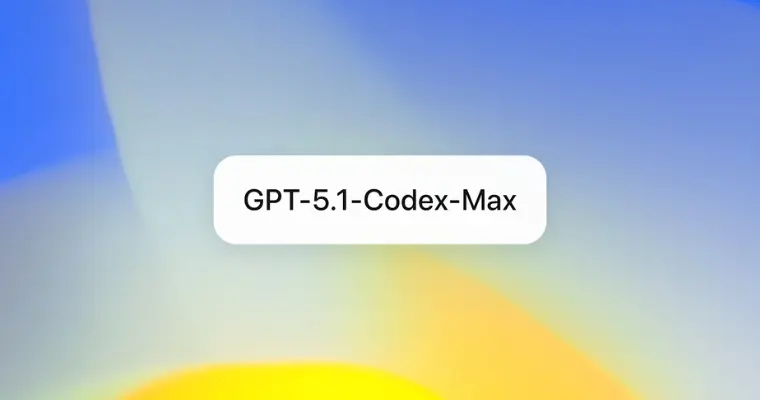
- OpenAI launches GPT-5.1-Codex-Max, which is a new frontier agentic coding model built for long-running engineering tasks.
- The new model uses a process called “compaction” to maintain coherence over millions of tokens.
- It also delivers faster, smarter, and more cost-efficient coding performance with improved safety.
OpenAI has been at the front and center of transforming the world of AI-powered coding. The company has introduced multiple coding models to date that help developers with writing features, answering code questions about your codebase, fixing bugs, and proposing pull requests for reviews. No wonder it has been one of the staples for developers these days. Well, OpenAI is upping the ante with its new frontier agentic coding model called GPT-5.1-Codex-Max.
GPT-5.1-Codex-Max is trained on real-world engineering tasks
According to OpenAI, GPT-5.1-Codex-Max is built on an update to its foundation reasoning model that has been trained on complex tasks across software engineering, research, and math. As a result, you get faster, smarter, and more cost-effective performance. It is faster, smarter, and more cost-effective during the entire development lifecycle, making it a useful coding partner to have with you.
Speaking explicitly of GPT-5.1-Codex-Max, OpenAI says it has been trained on real-world software engineering challenges. For example, you can think of PR creation, frontend coding, and deep debugging. In effect, the new model outperforms previous models on key coding evaluations. The company further adds that the model’s training now includes support for tasks that are designed to make it a better partner in the Codex CLI and is the first trained model to operate in a Windows environment.
So what sets GPT-5.1-Codex-Max apart from all other models that OpenAI has launched so far? Well, first, the model can help you with long-running detailed work, and it has been achieved by a new process called compaction. Compaction allows GPT-5.1-Codex-Max to work coherently over millions of tokens in a single task by pruning through history while preserving the most important context. In real-life scenarios, this means handling project-scale refactors, multi-agent loops, and deep debugging sessions. OpenAI says that in internal tests, GPT-5.1-Codex-Max has been successful in working independently for over 24 hours on complex tasks. Well, that’s huge!
Also Read: GPT Version Timeline: How AI Got Smarter Over the Years
Improved performance and fewer thinking tokens
Performance is a major area where the new GPT-5.1-Codex-Max model delivers. According to the details shared by OpenAI, the model offers boosts in efficiency on the S-bench verified benchmark. The new Codex-Max model with medium reasoning performs better than its predecessor but uses 30% fewer thinking tokens. In real-life scenarios, this means cost-saving for developers. The company says it also has a new extra-high (aka X-high) reasoning effort for non-latency-sensitive tasks, which can provide even better answers while thinking longer.
When it comes to safety, OpenAI is highly focused on making GPT-5.1-Codex-Max its most capable model to date. For added security, the Codex environment has been designed to run in a secure sandbox by default. This eventually limits file writes and network access unless the developer explicitly enables them. Moreover, OpenAI also mentions that while the model is an excellent additional reviewer, it is no replacement for human code reviews. Therefore, developers should also check on their part, as OpenAI keeps repeating itself: the models might fumble sometimes.
Availability
GPT-5.1-Codex-Max is now available for users with ChatGPT Plus, Pro, Business, EDU, and Enterprise plans. OpenAI will soon launch the GPT 5.1-Codex-Max API for developers using Codex CLI via API key. Also, the new model will replace GPT-5.1-Codex as the default model in the Codex environment. Unlike recently released GPT-5.1, which is a general-purpose model, OpenAI recommends using GPT-5.1-Codex-Max for agentic coding tasks in Codex or Codex-like environments.
